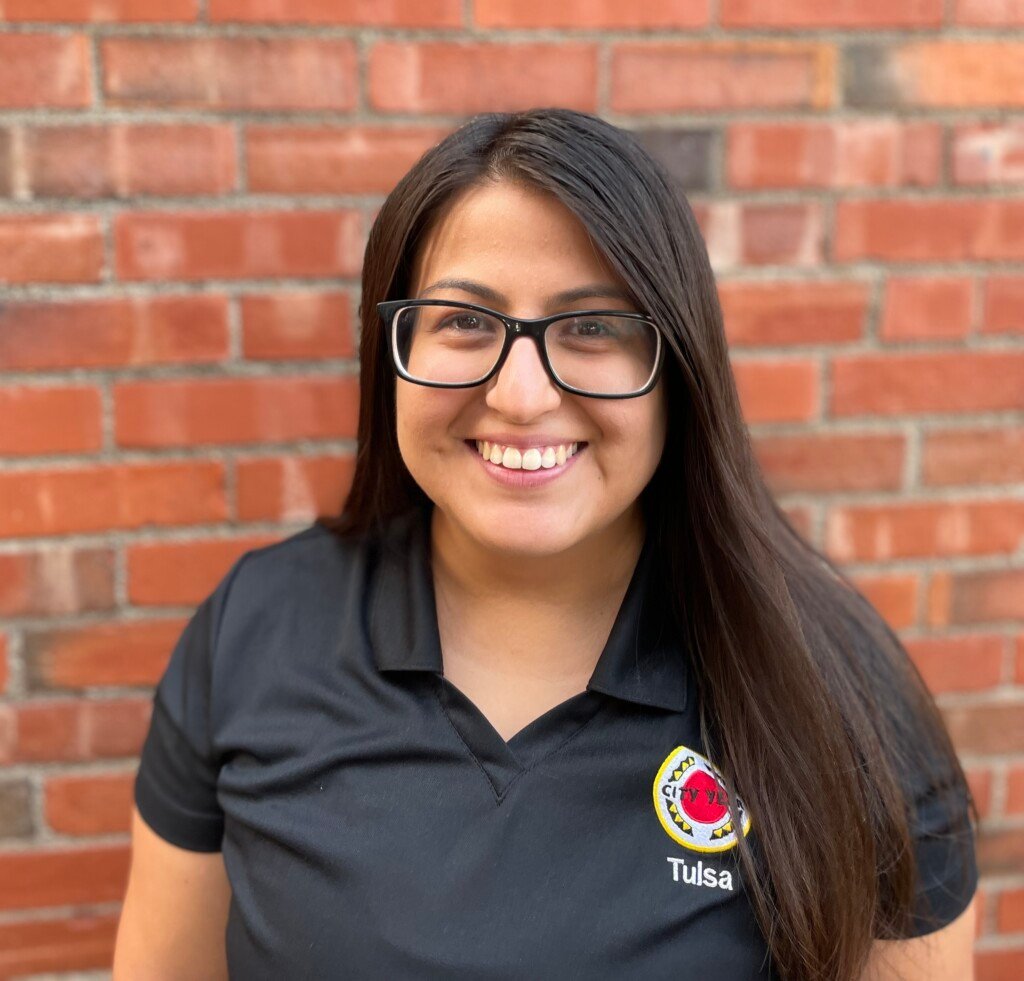Clarity for College 101: Tips on Setting Goals for Higher Ed

Getting into a college or university doesn’t just happen. It requires planning and work, as well as a little knowledge about the process, to create a successful post-high school experience.
It pays to have a modest understanding of the fundamental elements of applying for college to help build a strong foundation. For example, did you know that many state scholarships limit how much can be awarded, so you may miss out if you drag your feet on applying? It can pay off to prepare and apply early. Here are more insightful and helpful tips from local professionals for beginning the admission process.
Be Choosy
When choosing an institution of higher learning, some elements should be considered. According to Rachael Achivare Hill, director of admission and prospective student services at Tulsa Community College, focus should be pointed to the degree program of choice, as well as campus culture and flexibility of class schedules. “We know a lot of people consider where their parents’ alma mater is or where their friends are going, but we really ask our prospective students to consider other factors specific to their own needs. Another big factor is the cost and what financial aid and scholarship opportunities are available at that institution.”
Jill Manning, senior assistant director of Oklahoma recruitment at The University of Oklahoma, recommends touring every college/university that is on your list. “Each college campus has a unique feel, and the best way to know if that school is a good fit for you is to visit the campus and interact with current students and staff,” she said. “You want to focus on finding a college that is going to offer you a holistic experience in which you are offered opportunities to grow academically, professionally and personally.”
Apply Yourself
Customarily, the first step in this process is to complete an institution’s required applications, but professionals agree that this stride is best accomplished after a visit to the school of choice. “Take a tour and see what that college experience will be like,” Achivare Hill says. “Connect with students and staff and the resources that are available. See how that school is geared to help you achieve.”
Applying to college is a simple process, but starting early is key. Expedient action ensures that deadlines will be met. “Applying to college puts you in a communication flow, so you get important reminders, notice of events, scholarship dates and deadlines,” Achivare Hill advises. “It also helps you build your admissions checklist.”
“There are major advantages to applying to college early! When you apply early, you are showing that college that you are genuinely interested in joining their campus community. The earlier you apply and are admitted, the earlier you can start to have important conversations about financial aid, scholarships, campus life, etc.,” Manning says.
Researching the admission requirements for the college or university of choice will provide the key to entry. “Each college/university is going to have a unique admissions process. Generally, you will start by submitting an application to your school(s) of choice. Next, you’ll need to submit your high school transcript (and sometimes test scores and/or letters of recommendation) before your application can be reviewed for admission,” Manning says.
Stay up to date on all deadlines.
Talk Cents
The financial conversation about college is possibly the most important. Tuition costs can be overwhelming, but where there’s a will, there’s a way.
“FAFSA (Free Application for Federal Student Aid) is the first step toward scholarships and financial aid,” Achivare Hill says. “We recommend applying early, as there are many state scholarships that have caps on how much can be awarded, and they go to students who complete their applications as soon as it opens.”
Don’t sleep on scholarships. There are many opportunities available to prospective students with a bit of research. “Spend time each week applying for outside scholarships. There are countless scholarship hubs and organizations that assist students with paying for college,” Manning advises. “Many universities offer scholarships that are attached to their application for admission, but it is still incredibly important to spend additional time applying for as many outside scholarships as possible.”
Some scholarships will have an essay requirement and some schools look for letters of recommendation. “Getting letters of recommendation early can really help a student stand out, whether it’s a comprehensive admissions process or applying for scholarships,” Achivare Hill says. “It really makes a difference for a student who has those on file. It shows that student took the extra time and made their portfolio that much stronger.”
Keep Score
GPA, ACT and SAT scores do matter for some institutions, although TCC is open admission and they do not have test or transcript requirements. Other colleges and universities, both public and private, often prioritize these scores. “Academics will play a large role in your admissions decision,” Manning says. “Some colleges may require set academic criteria in order to be admitted, while others review applications more holistically. Having a strong academic profile is the best way to showcase your ability to be successful at the college level. Many scholarships will also look at academics as a means to award funding.”
Community engagement and extracurricular activities can also be a positive element to successful college admissions. “Each college is going to put a different level of emphasis on extracurricular activities,” Manning says. “Schools like The University of Oklahoma offer holistic admission, which means that we will take your extracurricular activities into account alongside your academics, essay and letters of recommendation in order to make an admissions decision. Showing that you are involved outside of the classroom is a good way to show colleges that you are a well-rounded person who can manage their time well. There are also some scholarship programs out there that award funding based on leadership or community engagement!”
Go Forward
In the end, a student is going to find success if they put in the effort to start planning early to find the right educational opportunity for them. Talking to advisors and counselors, networking and communicating with people who are there to help will make the first steps of this journey much less stressful. Above all else, believe that you can do it.




